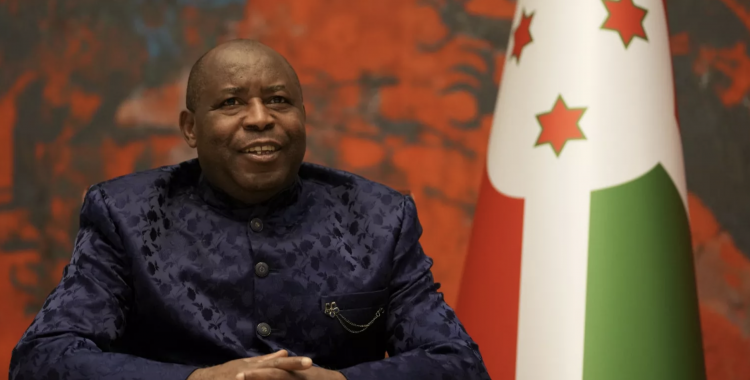

Your go-to source for in-depth coverage of political developments, economic trends, social affairs, and vibrant cultural stories from across the continent.

The announcement was made on July 17 by João Lourenço, President of Angola and current Chair of the African Union. Ndayishimiye’s appointment signals a strategic shift by the AU, opting for a figure known for his pragmatic leadership style and strong commitment to dialogue.
Ndayishimiye will now be at the forefront of efforts to address the growing crisis in the Sahel—a region plagued by the rapid expansion of jihadist groups, repeated military coups, and intensifying foreign military involvement.
His task will be to promote dialogue between deeply divided political and military factions, rebuild trust among Sahelian states, and reinvigorate regional cooperation mechanisms that have struggled to contain the instability.
“The challenges are immense,” acknowledged one AU diplomat, “but the choice of President Ndayishimiye reflects a desire for fresh momentum—an approach led by someone who listens, who negotiates, and who understands the stakes.”
Observers note that the AU’s mediation efforts have, until now, been hampered by fragmented regional agendas and growing skepticism about continental institutions.
The recent formation of the Alliance of Sahel States (AES)—a new bloc formed by Mali, Burkina Faso, and Niger following their withdrawal from ECOWAS—has added complexity to an already fractured political landscape.
As Special Envoy, Ndayishimiye is expected to initiate talks with key stakeholders across the Sahel, including national authorities, military leaders, civil society actors, and international partners.
His success will hinge not only on diplomatic finesse but also on his ability to navigate a region where peace efforts have repeatedly stalled.
The appointment comes at a critical juncture for the AU, which is under mounting pressure to reassert its role as a continental peacemaker amid rising instability across Africa’s heartland.
I am an avid African news observer, and an active member of Daily Mail Africa.
I’m Passionate about staying informed on diverse topics across the continent,
I actively contribute to publishing on political, economic and cultural developments in Africa.